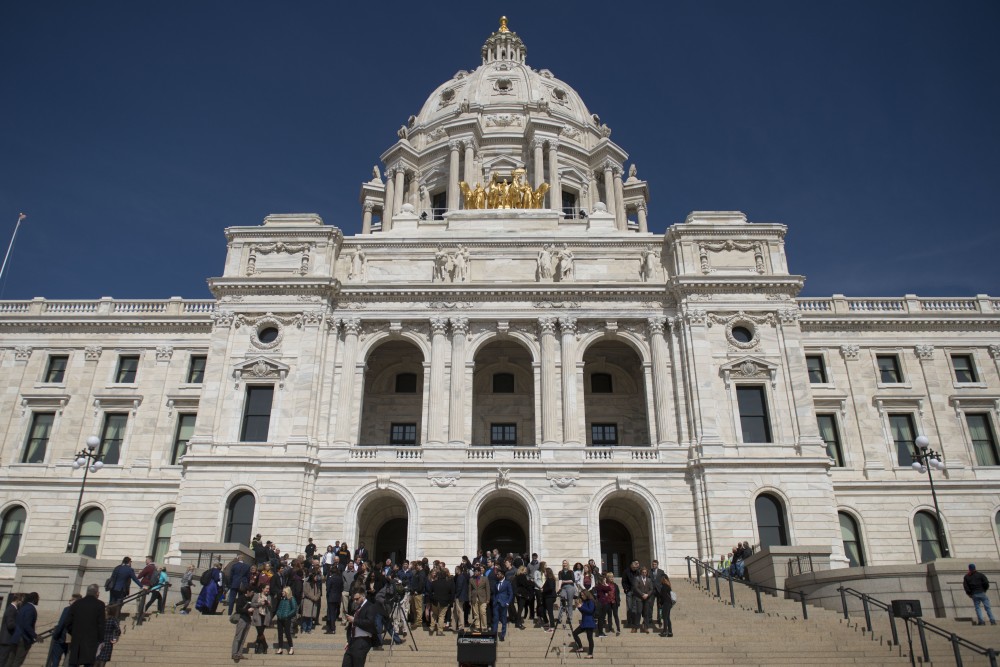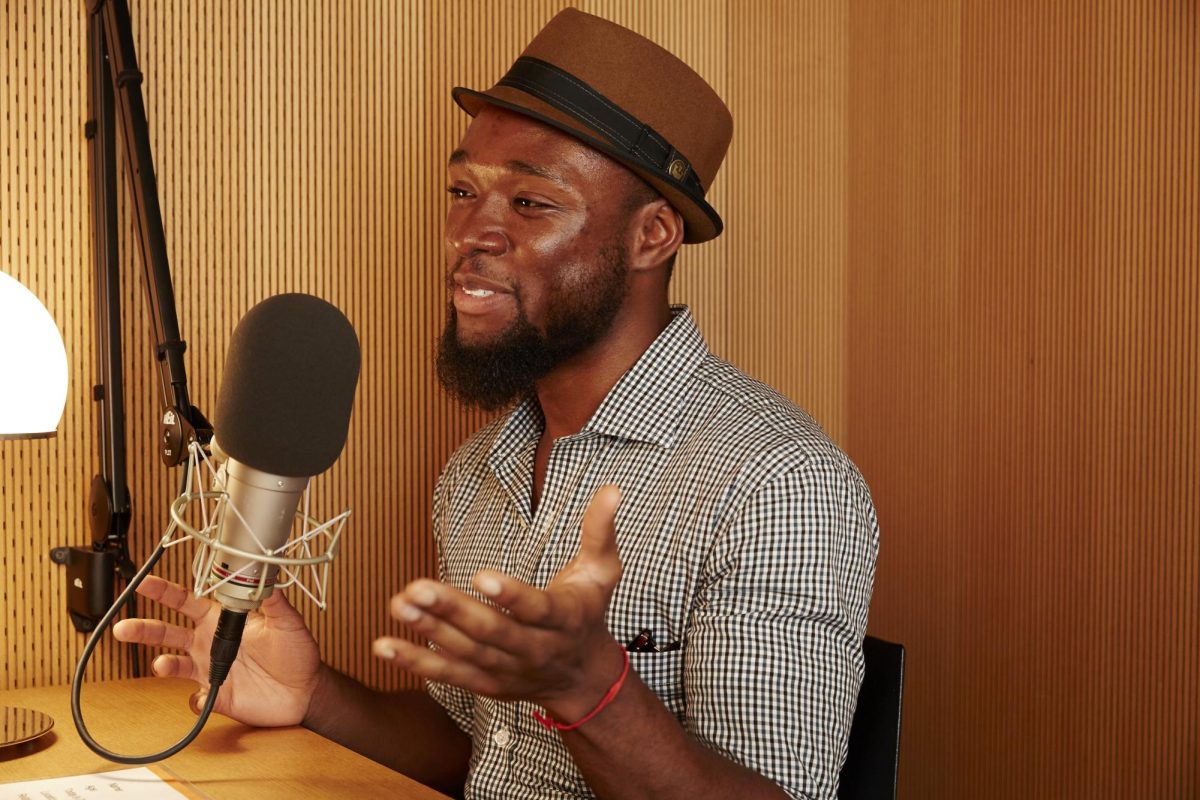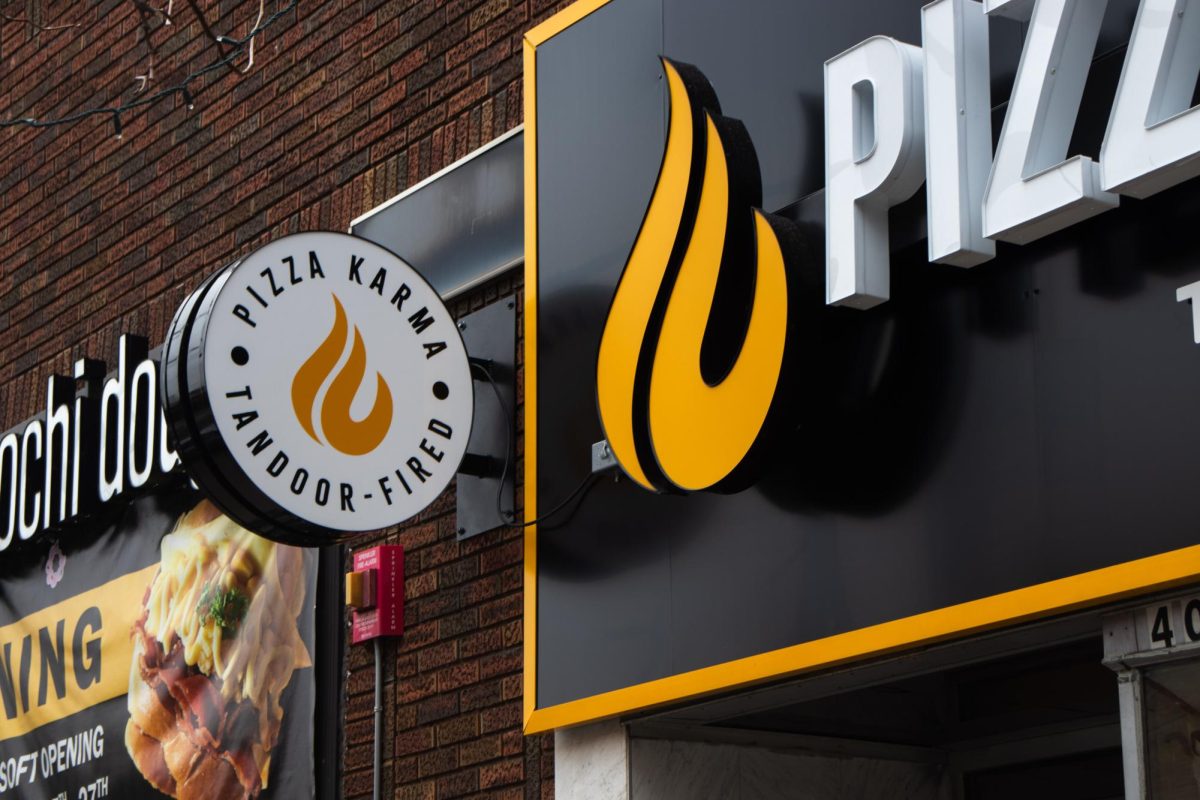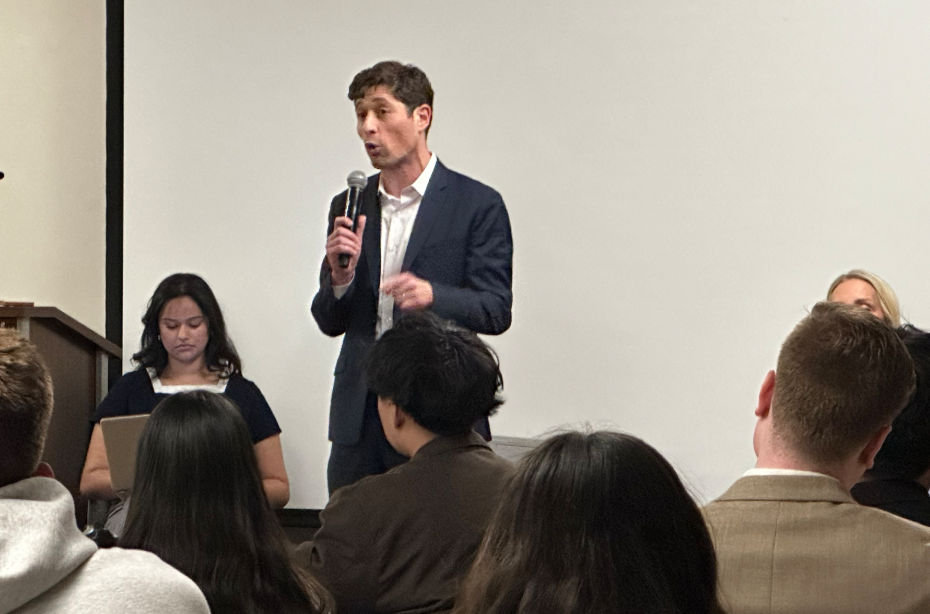While the state’s primary task this session was passing a two-year budget, many lawmakers and stakeholders hoped the Legislature would also approve statewide public infrastructure funding.
Without a capital investment bill, many stakeholders, including the University of Minnesota, did not see infrastructure or public works funding. While the Republican-controlled Senate never introduced a capital investment bill, lawmakers managed to allocate $160 million for basic needs like housing and roads in other bills.
Lawmakers said the House’s $1.5 billion capital investment proposal was a long shot, especially in a year not specifically designated for such funding and because bills require a two-thirds majority in the Legislature. Rep. Fue Lee, DFL-Minneapolis, vice chair of the House Capital Investment Division, said it was difficult to garner Republican support throughout the session.
Sen. David Senjem, R-Rochester, chair of Senate Capital Investment Committee, said the Senate never intended to create a capital investment bill. But near the end of session, legislative leadership and state officials asked his committee to put together an agreement, he said.
Discussions were “slow and arduous” in the final days, Senjem said. Even the housing infrastructure bill was pushed until the last hour of the special session Saturday. Legislative leadership declared the one-day session to finish necessary legislation after the regular session ended Monday.
“We ran out of time,” Senjem said. “We sort of came to a ‘well, let’s just get some bill off the floor,’ so to speak in … basically the last hour.”
The University of Minnesota’s $232.3 million capital investment request was among those to fall to the wayside as the daylong special session concluded at dawn Saturday. This leaves projects, such as the Institute of Child Development building on the Twin Cities campus and renovations for A.B. Anderson Hall on the Duluth campus, without state funding for the upcoming fiscal year.
With more time, Senjem said Republicans may have passed further bonding projects, such as allocating the University and the Minnesota State Colleges and Universities system $60 million each.
Republicans clung to a bare bones “vanilla ice cream” fix-up bill to fund basic needs, Senjem said. House Democrats wanted to additionally fund a variety of local projects throughout the state, which can be a time-consuming process that requires hearing various testimonials.
“There was no intent to do it this year, and if you have one public hearing on one project, where do you end?” Senjem said. “You get an endless amount of requests to hear my bill, too, and as the House did, you consume a lot of time and a lot of energy by a lot of people that drive distances to tell their story.”
Rep. Raymond Dehn, DFL-Minneapolis, who sits on the House Capital Investment Division, said because interest rates are low this year, the state may have missed a good opportunity to invest in infrastructure.
“Like with many, many things this year, people didn’t really get serious about negotiating until towards the very end, and the clock ran out,” Dehn said.








